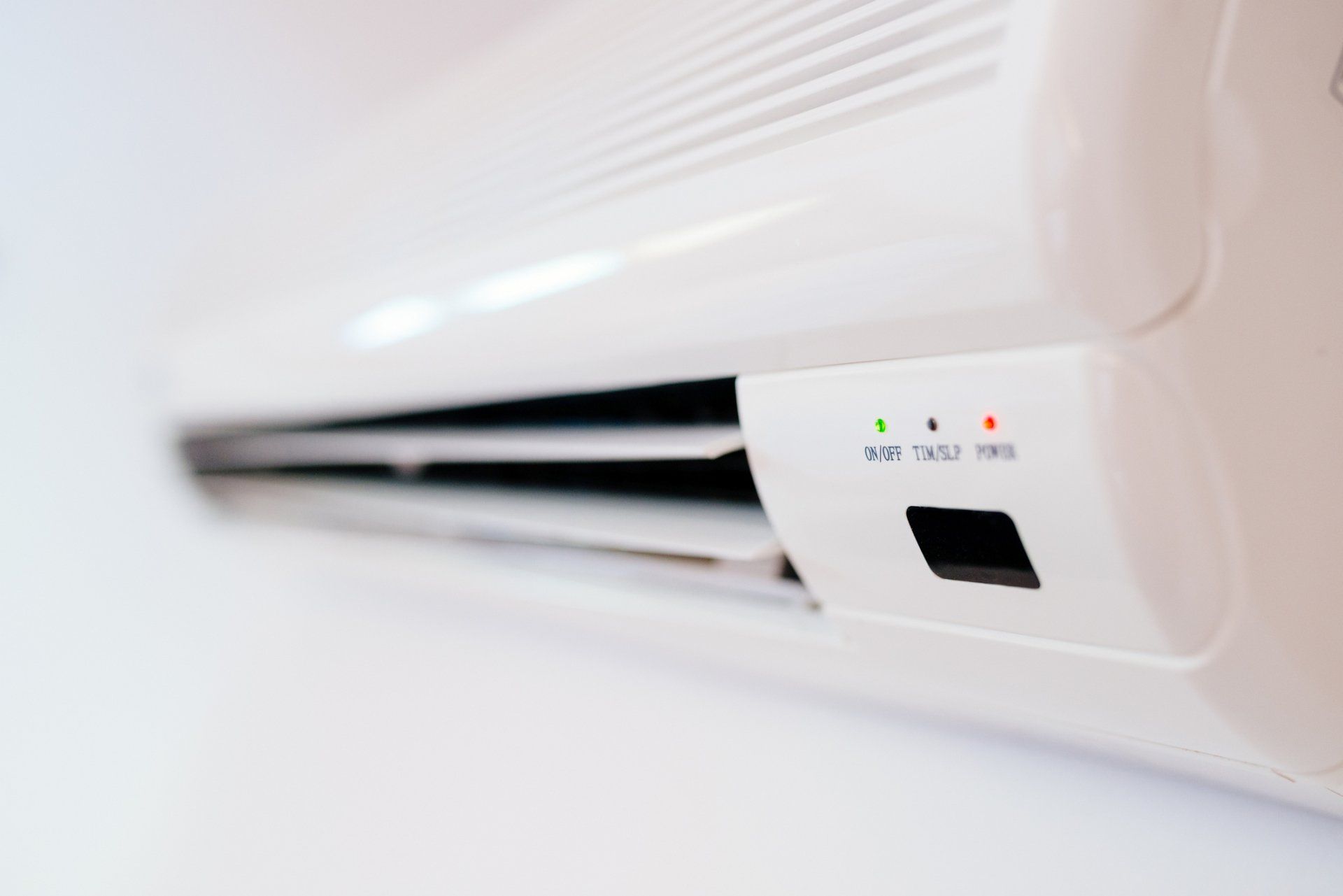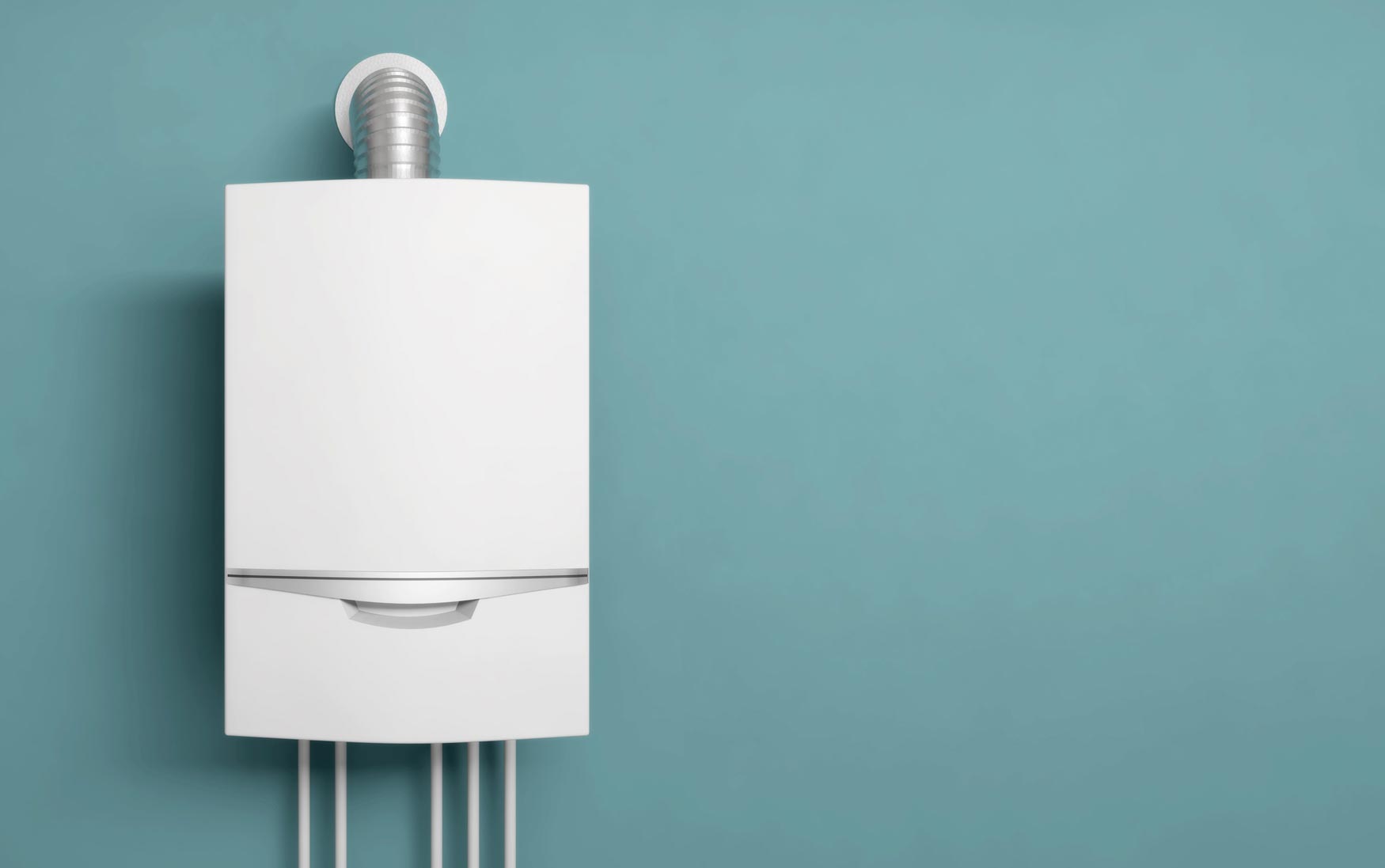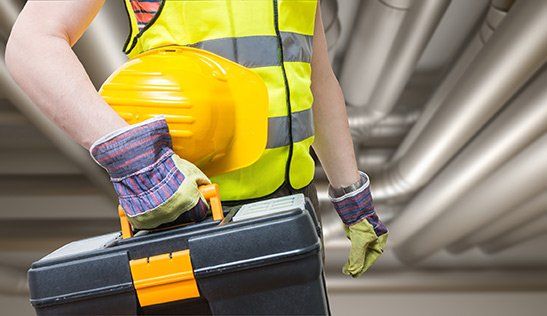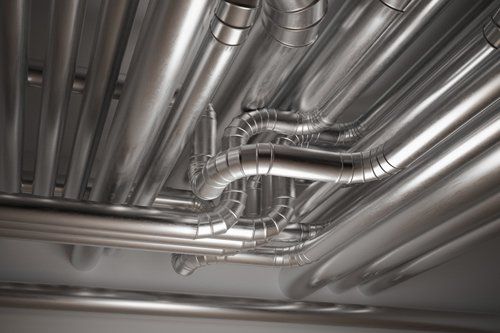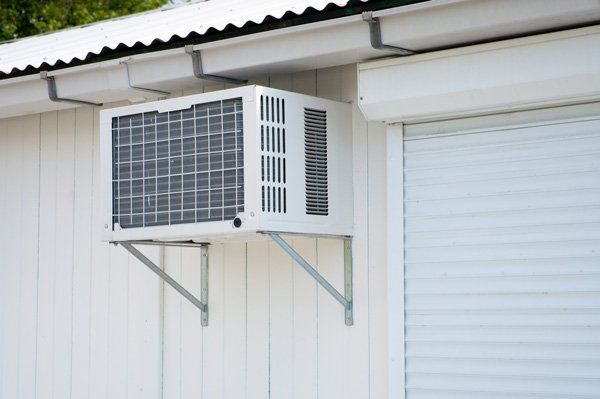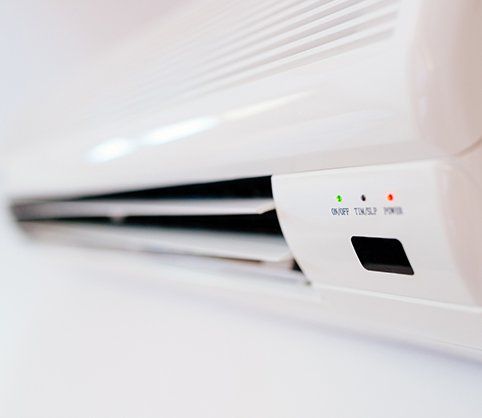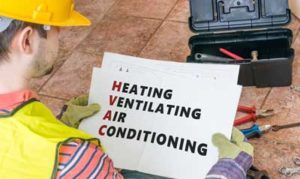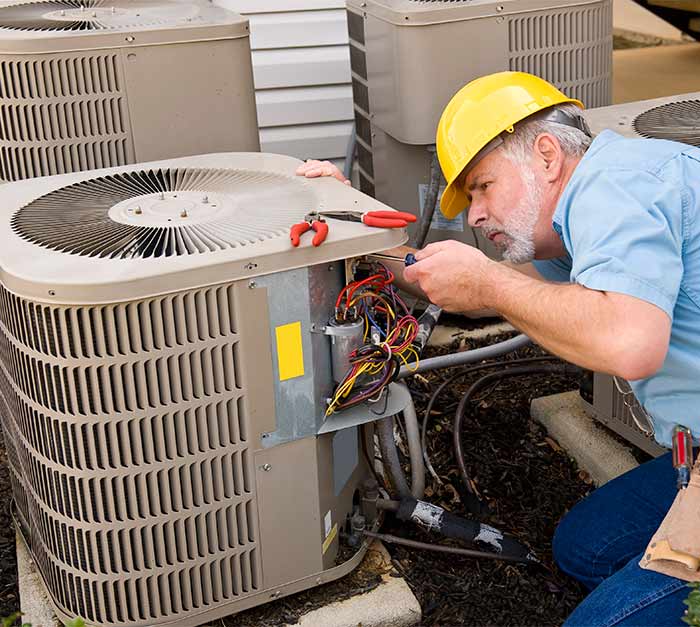
By May in South Carolina, the average outside temperature climbs to 84 degrees Fahrenheit, but it's not unusual to see temperatures rise above 90 degrees as early as April. With temperatures on the rise, you need to make sure your air conditioning system is ready to help you beat the heat.
To ensure that your home stays cool from spring until autumn, prepare your home's AC system now to handle the heat load. Here are two ways to prepare your AC unit for sizzling temperatures.
1. Address the Outdoor AC Components
Your AC unit is designed to move air efficiently. But over the winter, dust, pests, leaves, and other debris coat and clog your outdoor compressor. These debris limit air movement and make your AC unit work harder to cool your home.
Your outdoor AC components should always be tidied up before you first use your system in spring. Start by cleaning up the area around your outdoor compressor. Remove any toys, tools, and other objects adjacent to the compressor. Other tasks you should perform include the following:
- Raking up leaves
- Pulling leaves and pine needles from grates
- Sweeping off the top of the unit
- Clearing all debris around compressors
Sometimes, rodents build nests or store food inside the compressor, so the interior of your outdoor compressor must be cleaned and checked out as well. To clean and inspect the interior, the power must be shut off to the outdoor unit, and each part must be disassembled, including fans, grills, and tubing, so you should contact an HVAC professional to perform this in-depth maintenance.
You also need to consider where your unit is located. If your AC compressor is situated in a very sunny spot, it works extra hard to exchange hot and cold air. Install a landscape screen or shade plant near the compressor to help keep the sun's rays off the unit. The screen or growth habit of the plant should allow for easy access to the compressor for service.
2. Address the Indoor Components
One of the most important air conditioning maintenance tasks is to change the air filter on your home's heating and cooling system. Make sure you regularly change your air filters so that the air in your home remains clean and clear.
Since the last time you used your AC unit, dust, dead bugs, and other debris have collected on the AC system's interior components. Rodents may have left droppings inside as well. So before you use your unit again, have your HVAC professional tidy up this part of your AC system and perform any other pre-season maintenance.
AC maintenance tasks performed by an HVAC pro during a pre-season service call include:
- Gently vacuuming dirt and dust inside
- Testing all wiring and connections
- Clearing and reattach tubing
- Repairing or replacing blower motor
- Repairing or replacing fan
- Cleaning out drain port and pan
There are several key reasons to have your HVAC pro inspect and clean your inside AC system rather than doing it yourself. Your HVAC professional knows how to spot problems and repair them now, so you don't face an AC failure in the middle of a sweltering July when you have a house full of guests.
Another benefit of professional preparation is your personal safety and the safety of your AC unit. Modern HVAC systems include high-voltage wires and other parts that can shock the untrained homeowner. You may inadvertently break a sensitive part and cause your HVAC unit to stop working.
Your HVAC professional spends years learning how to safely and expertly maintain and service your AC unit, so they will know exactly how to handle it to avoid any serious problems.
Stay cool and content this spring and summer. Contact Robert L. Shealy Heating & Air Conditioning
today to schedule pre-season inspection and maintenance services for your AC system.
